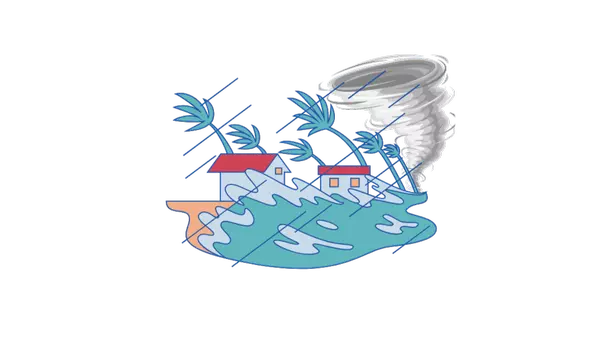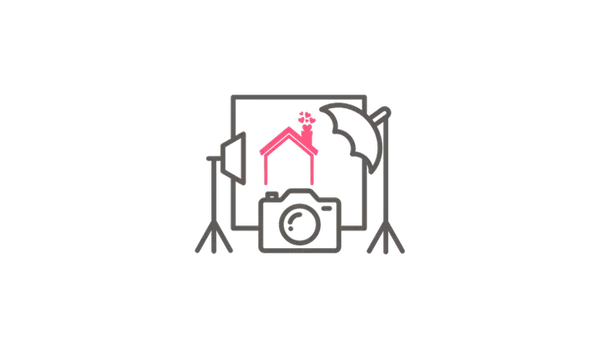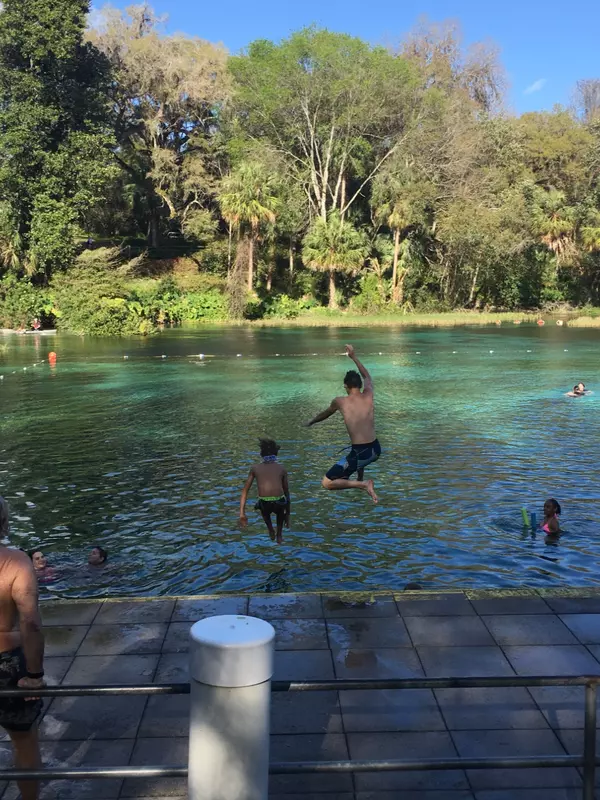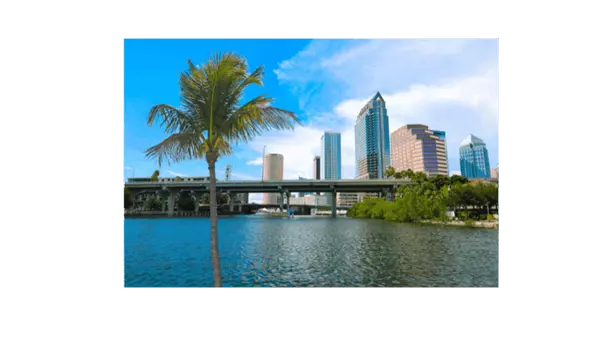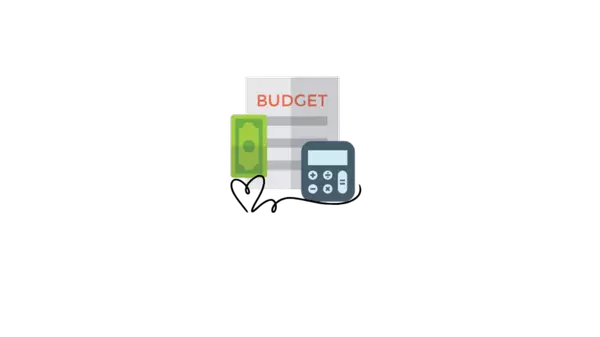Hurricane Preparedness for Florida Newcomers: What You Need to Know

Welcome to Florida! If you're new to the Sunshine State, you've probably heard plenty about hurricanes—but don’t worry, with the right preparation, you can handle storm season like a pro. Whether you’ve just moved to Tampa Bay or are considering relocating, understanding hurricane preparedness is essential for protecting your home and loved ones.
1. Know Your Hurricane Risk & Evacuation Zone
Tampa Bay is no stranger to tropical storms and hurricanes. Start by checking your evacuation zone through your county’s emergency management website:
- Hillsborough County: HCFLGov.net/StaySafe
- Pinellas County: PinellasCounty.org/Emergency
- Pasco County: PascoEmergencyManagement.com
- Manatee County: Mymanatee.org/emergency
Some areas may require evacuation for stronger storms, while others are safer to shelter in place. If you have pets, find pet-friendly shelters in advance!
2. Stock Up on Hurricane Essentials
Florida’s hurricane season runs from June 1 to November 30, so having a hurricane kit ready before a storm approaches is crucial. Your kit should include:
✔️ Non-perishable food & bottled water (at least 3-7 days’ worth)
✔️ Flashlights, batteries & a portable phone charger
✔️ First aid kit & necessary medications
✔️ Important documents in a waterproof container
✔️ Cash (ATMs may be down after a storm)
✔️ Gas for your car & generator (if you have one)
💡 Pro Tip: Once a storm is named, stores sell out quickly. Stock up before hurricane season starts!
3. Storm-Proofing Your Home
- If you live in a flood-prone area, check with your county for free sandbags to protect your doors and garage.
- If your home has hurricane shutters, make sure you know how to install them before a storm is on the way.
- Trim trees and clear debris to prevent flying hazards.
4. Stay Informed & Have a Plan
Download apps like Florida Storms, NOAA Weather Radar, and your county’s emergency alert system to stay updated. Have a family emergency plan, including a meetup location in case you get separated.
💡 Hurricane Text Alerts:
- Hillsborough County: Text STORMINFO to 888-777
- Pinellas County: Text PinellasEM to 888-777
5. Insurance & Financial Preparedness
- Flood Insurance: Homeowners insurance does not cover flood damage. If you’re in a flood zone, consider separate flood insurance through FEMA’s National Flood Insurance Program (NFIP) or private providers.
- Homeowners Insurance: Review your hurricane deductible, which is typically separate from standard damage coverage.
- Important Documents: Keep copies of your insurance policies, home inventory list, and mortgage documentsin a waterproof/fireproof container.
💡 Need Home Insurance? We can connect you with our preferred insurance broker to get 2-3 competitive quotes from top carriers!
6. What to Do After the Storm
- Be cautious of flooding, downed power lines, and debris.
- Follow local updates before venturing out.
- Avoid driving through flooded streets—it only takes six inches of water to stall your car!
Welcome to Florida – Now You’re Prepared!
Living in Tampa Bay means enjoying beautiful beaches, a thriving city, and yes, the occasional hurricane season.But with the right preparation, you’ll be ready to ride out any storm with confidence.
Categories
Recent Posts


